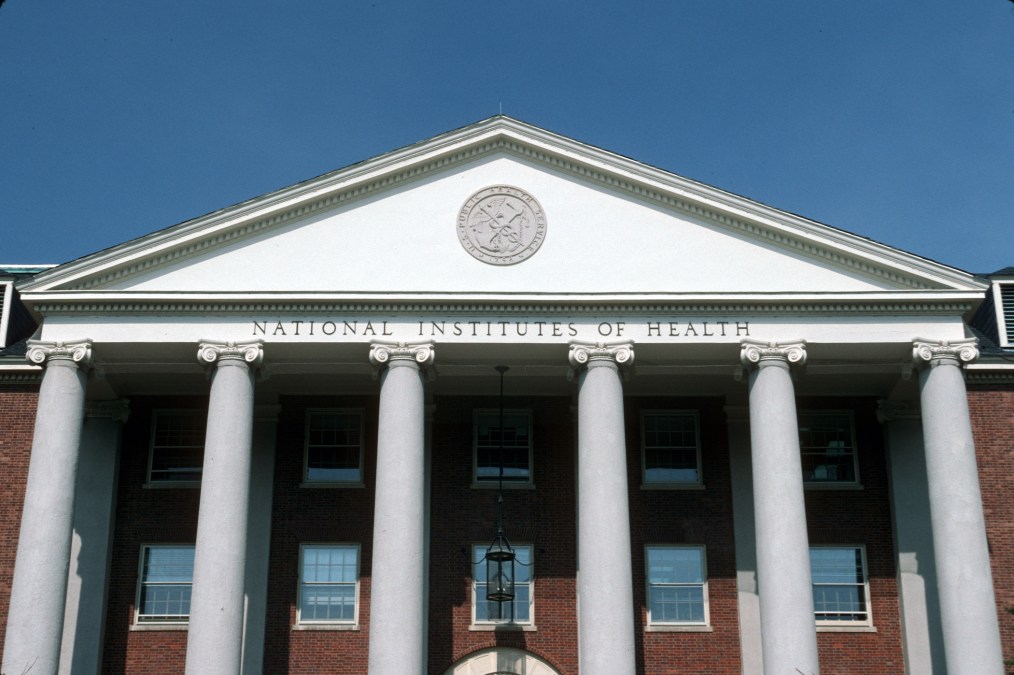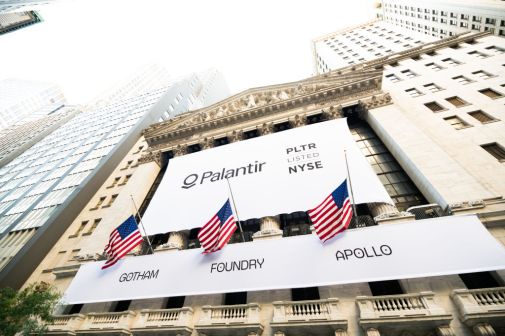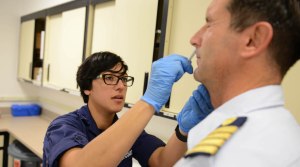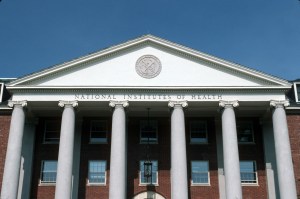NIH awards Palantir further contract for COVID-19 data enclave

The National Institutes of Health wants Palantir to continue providing a secure, cloud-based data enclave for COVID-19 clinical research with an increased focus on long COVID, the company announced Monday.
NIH‘s National Center for Advancing Translational Sciences awarded Palantir a new indefinite delivery, indefinite quantity contract raising the ceiling to $59.5 million over two years.
Palantir has provided the data enclave for NCATS’s National COVID Cohort Collaborative (N3C) since April 2020, and now one of the world’s largest collections of COVID-19 health records will be used to support research of patients experiencing long-term effects.
“We are very excited to continue our work with NCATS and the research community to support this critical resource in the fight against COVID-19, as well as to study long COVID and potentially other diseases that pose major public health challenges,” said Akash Jain, Palantir USG president, in the announcement.
N3C is made up of more than 70 institutions, and its data enclave now consists of more than 8 million records from 65 of them. Palantir’s software integrates siloed data sources into a common environment, where access by more than 1,000 internal and external researchers, who can form cross-institute research teams, is controlled.
NIH announced its $1.2 billion Researching COVID to Enhance Recovery (RECOVER) initiative in February, and NCATS recently placed an initial $7.9 million task order for the first five months of its new contract with Palantir.
The company will integrate more data from patients who’ve attended long COVID clinics, which could help N3C researchers recruit them for studies. Palantir will also be adding data on viral sequencing — which will help researchers understand how COVID-19 variants affect health outcomes — as well as imaging and social determinants of health, according to a person familiar with the contract.
The influx of new data raises legal and ethical questions about whether certain datasets can and should be linked.
NCATS plans to use privacy-preserving record linkage (PPRL) to link enclave data with medical images, omics tools, electronic health records and social determinants of health to help researchers answer questions about long COVID. PPRL finds and links records on the same patient across independently maintained data sources using a cryptographic hash value to protect their identity.
Datavant is providing the PPRL technology, while Regenstrief Group agreed to serve as the honest data broker for matching records. Researchers conducting studies flag hashes of interest for the broker, which has the local institutions where they originated de-encrypt them for the purpose of asking them to participate. That way patient identities remain with the local institutions alone.
Palantir may help layer on a committee governance process for linking records, the person familiar with the contract said.
The existing knowledge store of definitions established by N3C researchers will remain available to long COVID researchers, allowing them to build on that body of work and saving time that could prove critical to saving more lives.
NCATS also extended a separate contract with Palantir for software accelerating research with the National Cancer Institute and President’s Emergency Plan for AIDS Research. The one-year, $36 million contract was extended a year for a total of $60 million.
The Department of Health and Human Services renewed and expanded its contract with Palantir for the COVID-19 vaccine distribution platform, Tiberius, to $31 million in July. And the Centers for Disease Control and Prevention renewed a $7.4 million contract with the company to extend a non-COVID-19 disease surveillance solution, the Data Collation and Integration for Public Health Event Response (DCIPHER) environment, to any of its centers in June.





